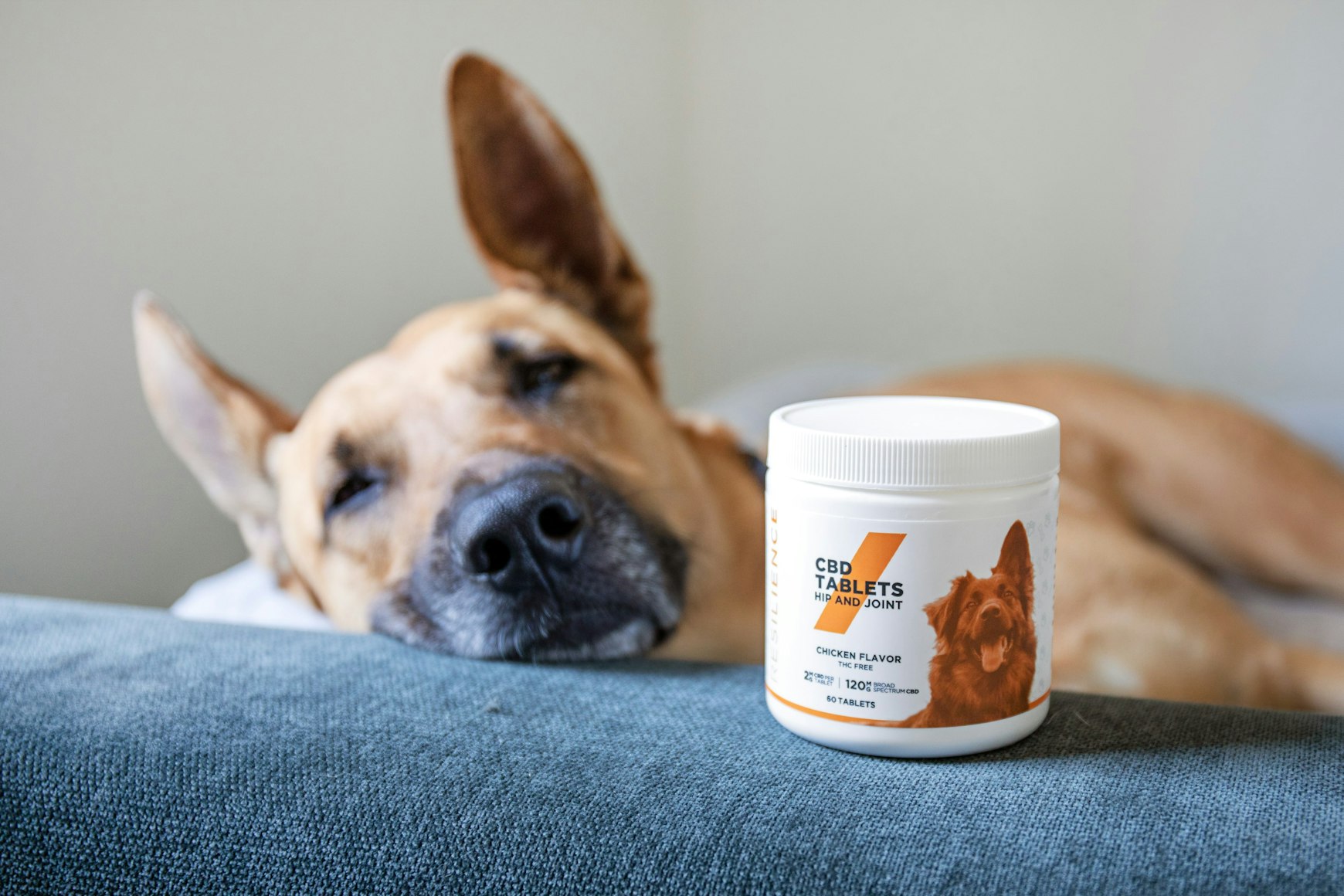Is cannabis dangerous for pets? Or, on the contrary, is it a treatment that can prolong the life of your pet? Veterinarians, media, and animal advocates are actively discussing this issue. In the 21st century, which could become the century of legal medical marijuana, the question of the use of cannabis in veterinary medicine is very relevant.
How exactly does cannabis affect animals?
Weed has a medical effect on pets because, like humans, they have an endocannabinoid system. In other words, cannabis can have a physical and psychological impact on animals. Just as with humans, the active ingredients in Hometown Hero Delta 9 edibles are compatible with the receptors in the cannabinoid system.
Consumption of natural cannabinoids can have a positive impact on the health of pets. For example, in 2012, scientists at the University of Pisa (Italy) found that plant cannabinoids, like the body’s own cannabinoids, protect dogs from allergic inflammatory diseases (in particular, skin allergies).
The claim that weed is good for animals is also supported by data from an article published in May 2013 in the American Veterinary Association magazine (JAVMA News). A Los Angeles resident who was prescribed medical marijuana by a doctor said that he gave his 24-year-old cat Delta 9 edible gummies made specifically for animals and that he liked them.
A woman living in the west of Hollywood gave her 12-year-old Labrador, suffering from liver and lung cancer, a tincture of THC to drink. The owner of the dog calls the reason for her decision that the medications prescribed by the vet did not help her pet at all, but only put him to sleep. The woman is 100% sure that the quality of his life improved.
How dangerous is cannabis for animals?
It should be noted that the consumption of pure cannabis for a pet is not completely harmless. If the amount is too high, the animal may experience undesirable side effects, such as prolonged disorientation or impaired fine motor skills. Unlike humans, animals do not get any pleasure from this state. Dr. Karl Jandrey, professor of veterinary medicine at the University of California, says pets who find themselves in this situation have trembling limbs, an increased heart rate, and involuntary urination. If the animal has accidentally eaten cannabis (leaves, flowers, cones) and has similar symptoms, you should immediately call the vet. The lethal outcome is unlikely.
In 2013 the press has become more loyal to marijuana. For example, the news about the first veterinarian who received the right to treat animals with medical cannabis, Dr. Doug Kramer from Los Angeles, was told in detail. In an interview, Kramer said that about 300 patients have tried to relieve the symptoms of various diseases in their pets using medical marijuana. The vet explored the medicinal properties of cannabis when his husky dog got advanced cancer. He injected the dog with a tincture of cannabis, as a result of which the animal’s pain was reduced and the appetite improved. This made the last months of the dog’s life much easier.






